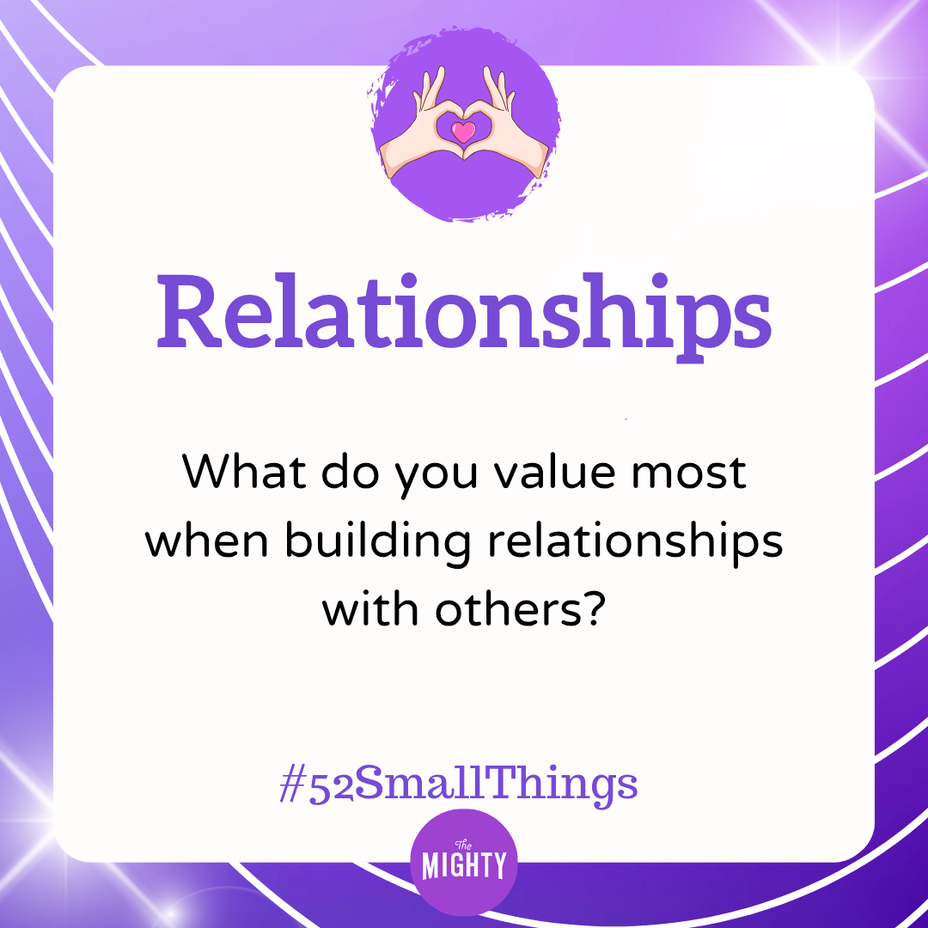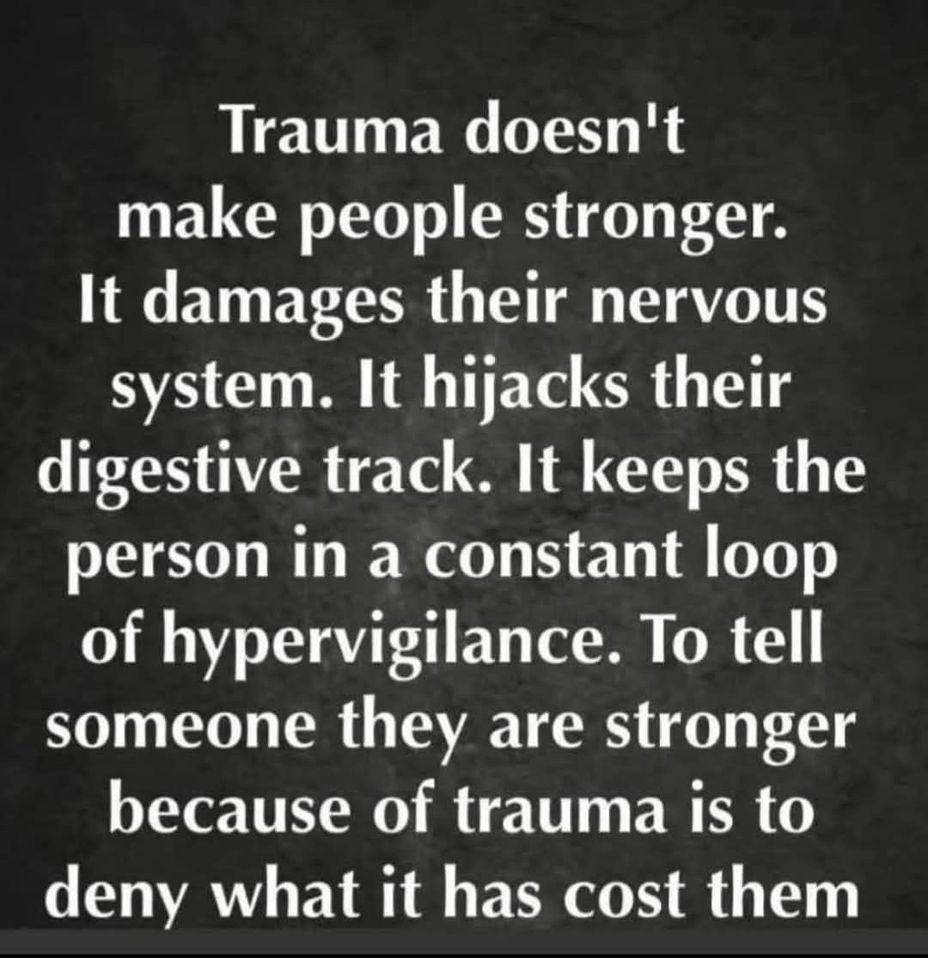By Linda Athanasiadou
When my cancer treatment ended, there was no grand moment of relief. The doctors gave me the good news—no more chemotherapy, no more hospital visits—but the truth is, the end of treatment didn’t feel like the end at all. Instead, it was the beginning of a new chapter that I wasn’t prepared for. I had expected a clear-cut transition from patient to survivor, but the reality was much more complex. As I moved into life after treatment, I had to find a new normal. It was a journey, full of surprises, challenges, and small victories that I could never have anticipated.
One of the hardest things to come to terms with after treatment was the sudden absence of structure. During chemotherapy, there was always something to focus on—the next session, the medications, the side effects. I knew what to expect because my life had become consumed by treatment. But after that, everything slowed down, and it felt like I was expected to just jump back into my life. But how? What did life even look like now? I felt like I was still recovering from the physical and emotional toll of everything I had been through, but the world around me seemed to be moving on.
The physical changes were the first challenge. For months, I had been focusing on fighting the disease, and suddenly, I was expected to function as I had before. But my body didn’t feel the same. Chemotherapy had stripped me of my energy, my hair, and much of my strength. I couldn’t just pick up where I left off. Even simple tasks like walking up the stairs or cooking a meal felt like monumental efforts. It was frustrating, and there were days when I felt like I would never be the person I was before. But I learned to be patient with myself. I had to accept that the recovery wasn’t instant—it would take time.
Emotionally, things were just as complicated. I had spent so much of my focus on survival that when the treatment ended, I found myself adrift. There was a feeling of being suspended in time—no longer actively fighting, but not quite free of the shadows of cancer either. The fear of recurrence never truly leaves, and I had to learn how to manage that fear. I also realized that I had changed during treatment. Cancer had forced me to face my own vulnerability in ways I never expected, and I didn’t know how to reconcile the person I had become with the person I was before.
At first, I didn’t know how to talk about it. People around me would say things like, “It must feel so great to be done with treatment,” but the truth was, it didn’t feel great at all. I had survived, yes, but I wasn’t the same person. It took time to process everything—what I had lost, what I had gained, and who I was becoming. I had to find a new identity, not just as a survivor, but as a person who had been through something transformative. It was a complex emotional journey, and I often felt like I was moving in and out of different versions of myself.
One thing that helped was reconnecting with the things I loved before cancer. Slowly, I began to reclaim parts of my old life, but in a new way. I started small—taking walks, reading books I had put aside, and spending time with loved ones without the looming stress of treatment. These activities, simple as they seemed, gave me a sense of normalcy and reminded me of the life that existed beyond cancer. But I also learned to let go of expectations. I couldn’t just return to who I was before cancer. That person no longer existed, and that was okay. I had to create a new version of myself, one that acknowledged both my scars and my resilience.
It wasn’t just about physical recovery—it was about finding peace with what had happened and embracing the fact that life after cancer would never be the same. But that didn’t mean it couldn’t be good. I found strength in the things that once seemed trivial—making a cup of coffee in the morning, talking to a friend on the phone, or just sitting in the sun. These moments became sacred to me. They were proof that, despite everything I had been through, I was still here. And that mattered.
Support from others also played a huge role in my adjustment. Friends and family wanted to help, but often they didn’t know how. I had to learn to ask for what I needed, whether it was emotional support, practical help, or just someone to listen. I joined a few support groups with other cancer survivors, and that made a big difference. Talking to others who had been through similar experiences helped me feel less isolated. It also gave me a sense of purpose to share my story and listen to others.
I also had to redefine what health meant to me. Health no longer meant being free from illness—it meant listening to my body, respecting its limits, and giving myself the care I needed. Some days, I would push myself to do more, but I had to learn to rest when I needed it. This new relationship with my body was something I hadn’t expected, but it became essential to my healing.
Life after treatment is often framed as a return to normal, but for me, it wasn’t about going back—it was about moving forward. I couldn’t undo what had happened, but I could choose how to live from that point on. And so, I took things day by day, allowing myself to feel everything that came with it—the joy, the fear, the exhaustion, and the triumphs. Slowly, I began to see that my new normal wasn’t about forgetting cancer; it was about learning to live with it, to embrace the parts of myself that had been shaped by the experience, and to build a future with hope and strength.
Cancer doesn’t just change your body—it changes your soul. But it doesn’t have to define you forever. Life after cancer is about finding meaning in what you’ve been through, carving out a new sense of normal, and learning to live fully once more. It’s a journey, and while it’s not always easy, it’s one worth taking.








